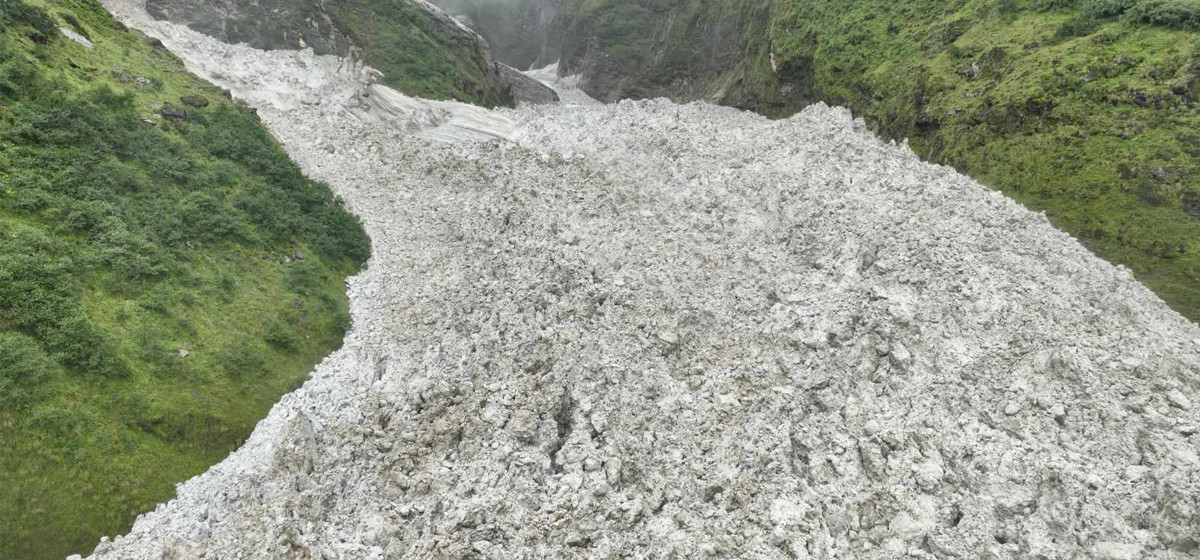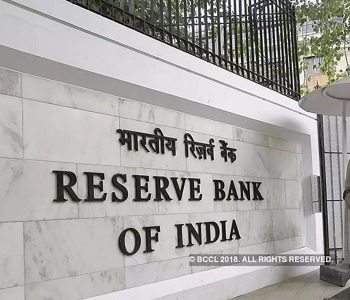Avalanche blocks Boksi River in Mustang amidst growing climate change concerns

KATHMANDU: In a recent incident highlighting the increasing impact of climate change on Nepal’s mountainous regions, an avalanche has blocked the Boksi River in Mustang, creating significant concerns for local residents. The Chief District Officer (CDO) of Mustang, Janakraj Pant, confirmed that the avalanche occurred in Gursa, Thasang Rural Municipality-2, leading to the blockage of the river.
The avalanche, which took place near the Boksi River, has caused the water flow to be severely disrupted. The incident site is approximately 2.5 kilometers away from the Kaligandaki River, a major water source for the region. Authorities have already alerted nine households in the vicinity to take precautionary measures due to the potential risks associated with the blockage.
Given the rise in avalanches and other natural disasters linked to climate change, this event serves as a stark reminder of the challenges faced by communities in Nepal’s mountainous regions. Avalanches, often triggered by rising temperatures and unstable snowpacks, are becoming more frequent, endangering lives, property, and critical infrastructure.
In response to the incident, a team of 15 personnel, led by a Deputy Superintendent of Police (DSP) from the No. 33 Battalion of the Armed Police Force (APF), was swiftly deployed from Mustang to assess and manage the situation. The team, along with CDO Pant, is on-site, conducting a thorough study of the river blockage and its potential consequences.
Mustang, a district well-known for its proximity to the Himalayas and the famous trekking routes leading to the Annapurna and Dhaulagiri ranges, is particularly vulnerable to the impacts of climate change. The increasing frequency of avalanches and glacial melt in these regions poses a growing threat not only to local communities but also to the broader environment and tourism industry.
The recent incident also draws attention to the fragility of Nepal’s mountain ecosystems, which are increasingly being altered by global warming. As temperatures rise, the risk of avalanches and other climate-induced disasters is expected to grow, demanding urgent attention and mitigation strategies from both local authorities and the international community.
As the situation unfolds, authorities will continue to monitor the blockage and assess the risks of potential flooding or further environmental damage. The response to this avalanche will be critical in ensuring the safety of residents and minimizing the impact on the surrounding environment.
This event underscores the urgent need for increased awareness and action on climate change, particularly in vulnerable regions like Mustang. The combination of rising temperatures, melting glaciers, and more frequent avalanches presents a complex challenge that requires coordinated efforts to protect lives, livelihoods, and the unique natural heritage of Nepal’s mountain regions.














Facebook Comment